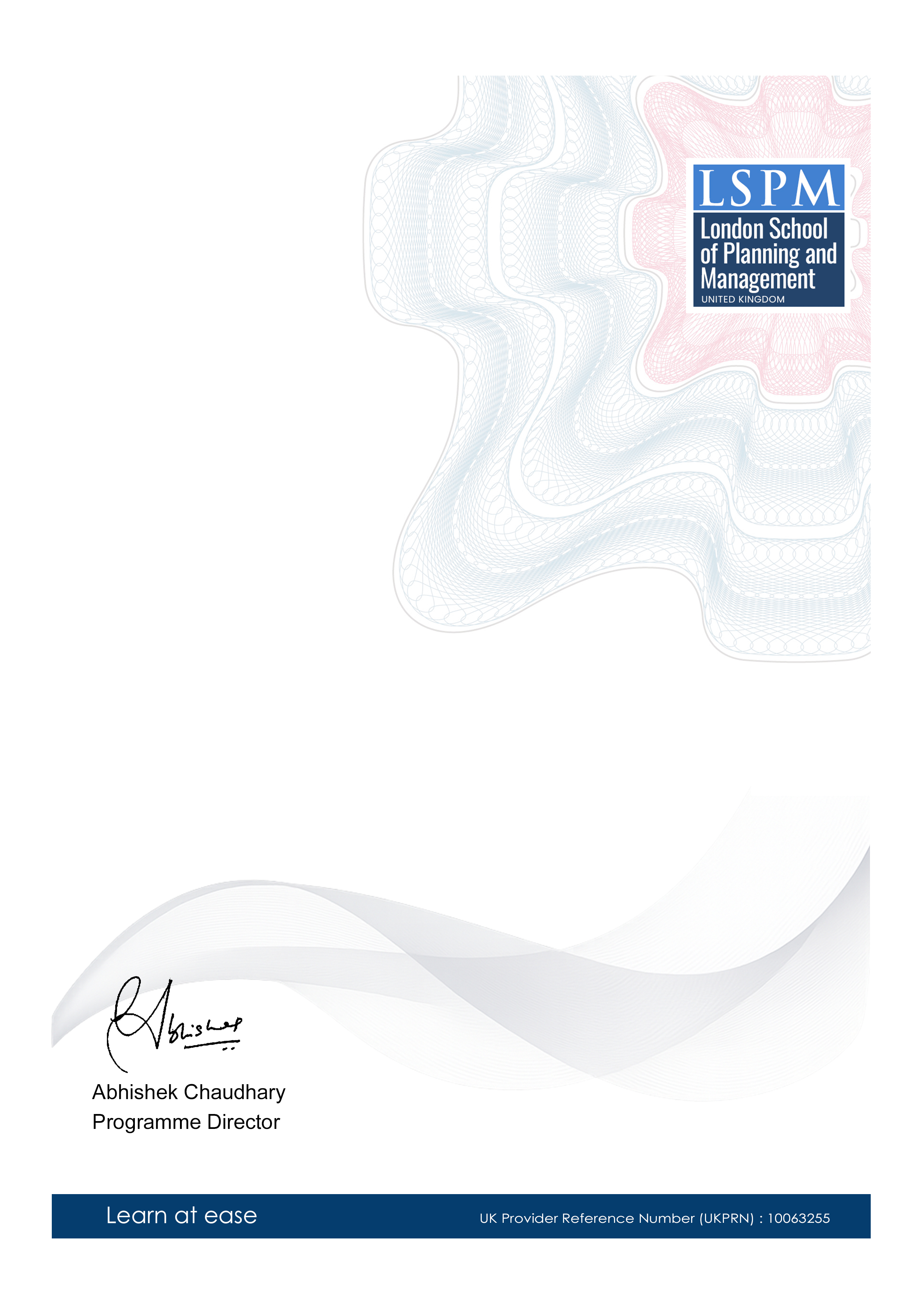Certificate Programme in Autonomous Vehicle Sensors Troubleshooting
-- viewing nowThe Certificate Programme in Autonomous Vehicle Sensors Troubleshooting is a comprehensive course designed to equip learners with the essential skills required to diagnose and resolve issues in autonomous vehicle sensors. This programme is crucial in today's rapidly evolving automotive industry, where autonomous vehicles are becoming increasingly popular.
3,061+
Students enrolled
GBP £ 149
GBP £ 215
Save 44% with our special offer
About this course
100% online
Learn from anywhere
Shareable certificate
Add to your LinkedIn profile
2 months to complete
at 2-3 hours a week
Start anytime
No waiting period
Course details
• Introduction to Autonomous Vehicle Sensors
• Types of Sensors in Autonomous Vehicles (e.g., Lidar, Radar, Camera, Ultrasonic)
• Sensor Calibration and Data Analysis
• Troubleshooting Common Sensor Issues
• Diagnostics and Maintenance of Autonomous Vehicle Sensors
• Advanced Sensor Fusion Techniques
• Real-world Case Studies in Autonomous Vehicle Sensor Troubleshooting
• Best Practices for Autonomous Vehicle Sensor Calibration and Maintenance
• Emerging Trends and Future Developments in Autonomous Vehicle Sensors
Career path
Entry requirements
- Basic understanding of the subject matter
- Proficiency in English language
- Computer and internet access
- Basic computer skills
- Dedication to complete the course
No prior formal qualifications required. Course designed for accessibility.
Course status
This course provides practical knowledge and skills for professional development. It is:
- Not accredited by a recognized body
- Not regulated by an authorized institution
- Complementary to formal qualifications
You'll receive a certificate of completion upon successfully finishing the course.
Why people choose us for their career
Loading reviews...
Frequently Asked Questions
Course fee
- 3-4 hours per week
- Early certificate delivery
- Open enrollment - start anytime
- 2-3 hours per week
- Regular certificate delivery
- Open enrollment - start anytime
- Full course access
- Digital certificate
- Course materials
Get course information
Earn a career certificate

